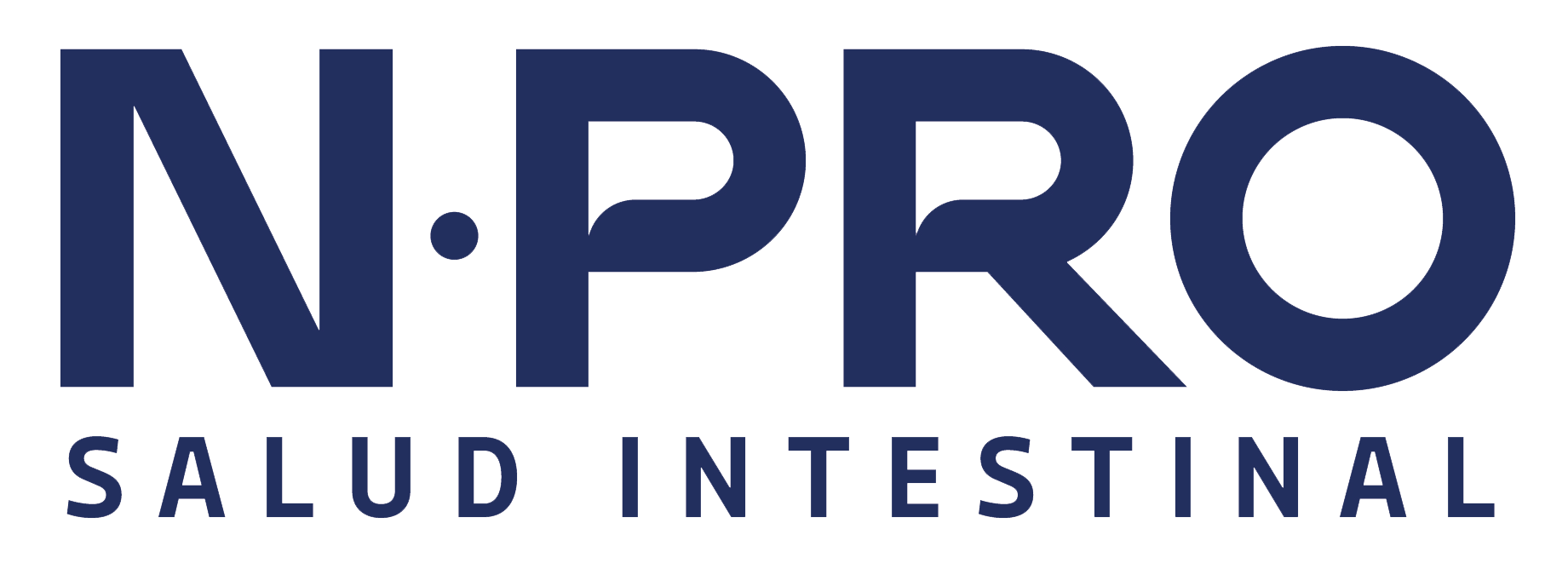Farmacología de la berberina y la microbiota intestinal: Un vínculo terapéutico oculto
Resumen La berberina es un alcaloide de isoquinolina pentacíclico natural que se ha aislado como el componente principal de muchas plantas medicinales populares como el género Berberis, Coptis e Hydrastis. La naturaleza multifuncional de la berberina como agente terapéutico es un atributo de sus diversos efectos sobre las enzimas, los receptores y las vías de señalización celular. Mediante mecanismos antioxidantes y antiinflamatorios específicos y generales, se ha establecido su polifarmacología. Curiosamente, esto ocurre a pesar de la escasa biodisponibilidad de la berberina en modelos animales y, por lo tanto, surge la pregunta de cómo induce sus supuestos efectos in vivo. Una creciente evidencia sugiere ahora el papel de la microbiota intestinal, el llamado órgano oculto, como objetivos para el papel



